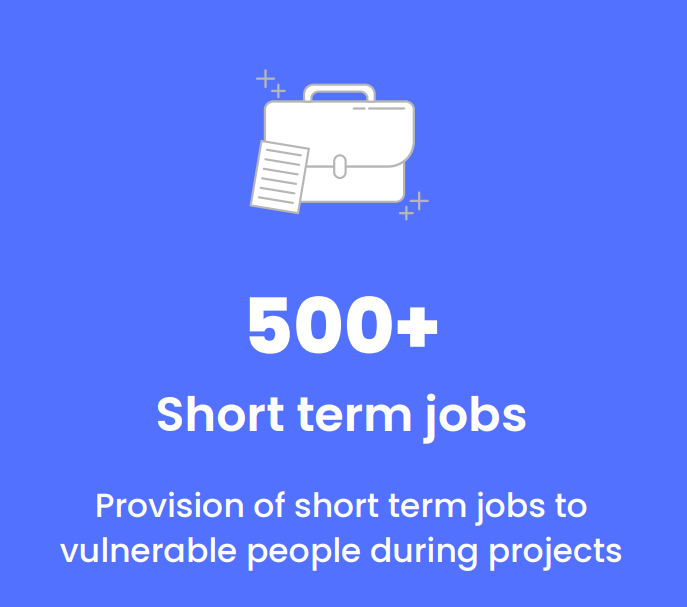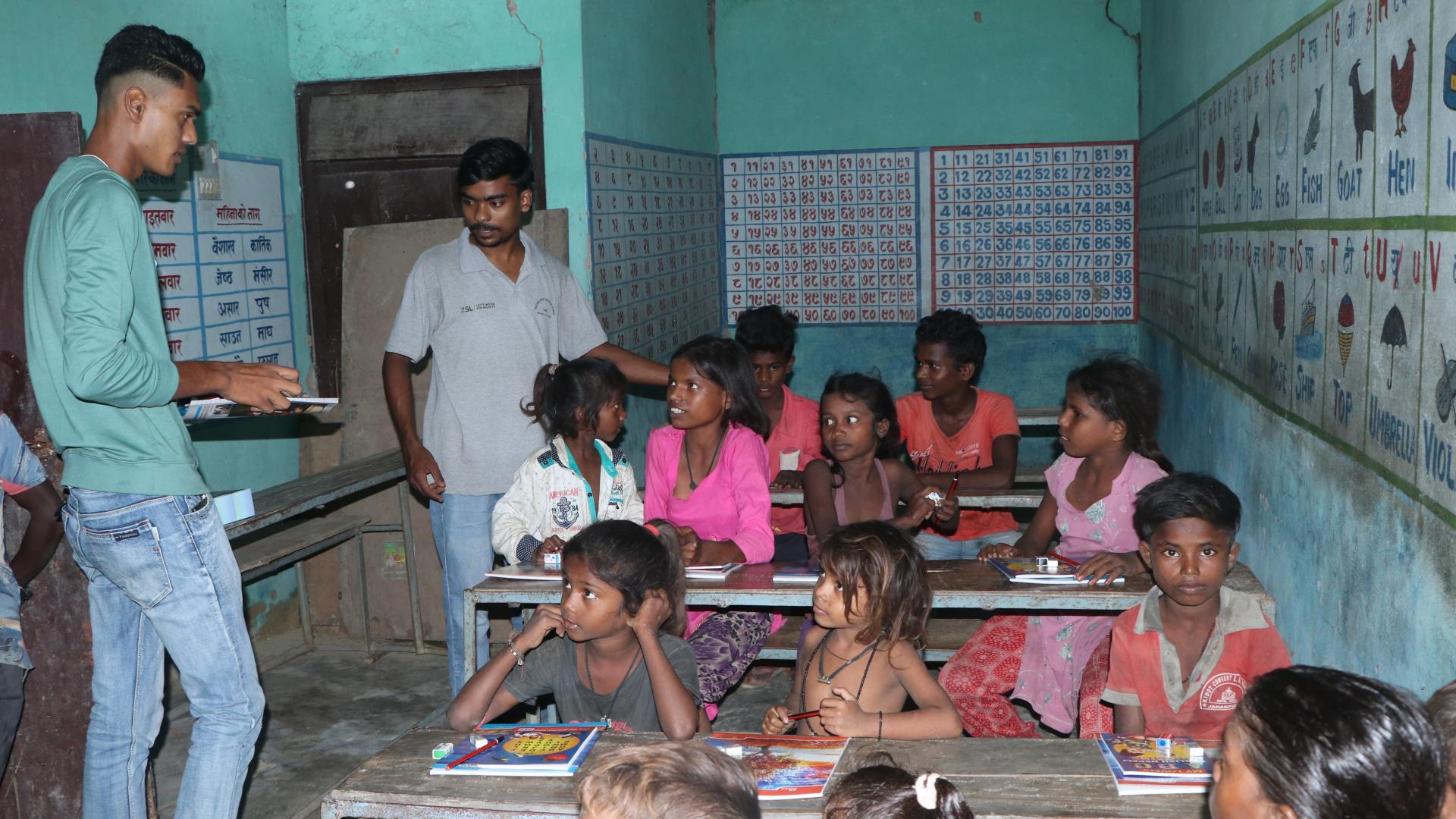cause
roots of their vulnerability

unfair impact among the castes
The adult literacy rate is a direct result of the poor education system, which has the worst results nationwide. However, when looking at adult literacy rates, enrollment rates, and elementary school completion rates, it is clear that there are wide disparities between communities within the Madheshi region, notably between castes. While the enrollment rate of Madheshi Brahmin children is 79% (higher than the national average of 71%), the enrollment rate of Madheshi Dalit children is extremely low, with less than 50% of children enrolled and less than one in ten children completing elementary school.
Gender inequality in education

OUR VISION
We aim to level the playing field so that children from the lowest castes, ethnic minorities and girls enjoy the same standard of education as is available at private schools. To that end we support education at these community schools and at non-formal educational support to Community Learning Centres (CLCs) that complement the mainstream schools.
Our objectives are :
- Improve the infrastructure through capital projects such as building extra classrooms and providing computers.
- Improve standards through funding additional teachers and providing new teaching resources.
- Encourage attendance and discourage dropouts by supplying children (and especially girls) with free rucksacks, dignity pads and stationery. Even with warm clothes and shoes in the winter months!
how do we act ?
We tailor our projects around the needs of every special community which can result in the creation of a Community Learning Center, a school extension, provision of tuition, scholarships, teachers, or even the distribution of school bags and manuals.
Last year key achievments

A Madrasa at Dhanushadham We built an additional floor onto a school that serves 124 children (75 girls and 49 boys) while moving the school towards teaching according to the national curriculum. Leper colony school We provided two tutors to allow 15 (healthy) children inside a leper colony to receive an education. This has been extended to 44 children from the “untouchable” community who go into the leper colony to attend classes.

Community learning centre at Dhanushadham We provided two tutors in support of the new community learning centre that supports up to 400 children from the untouchable community who are attending mainstream government schools. Our tutors provide help with homework and studies – offering a critical support that is not available to them domestically from parents who are mostly illiterate.

A large school for children of the CFUG workers at Bhatighadi. The school teaches classes 1-8 but it is terribly under-resourced and dilapidated. For example, there is a computer teacher but no computers. We will develop the school incrementally over the coming five years, providing both revenue and capital support. We have already provided a new computer room, a support teacher, and school materials. We will soon start renovating the school




other projects
Ready ?
Test Your Knowledge in 2 minutes
Try out our new quiz about the Madheshi people in Nepal. Through those questions, we hope you will get a better understanding of the catastrophic situation they live in.
Take the quiz











.png)

.png)

